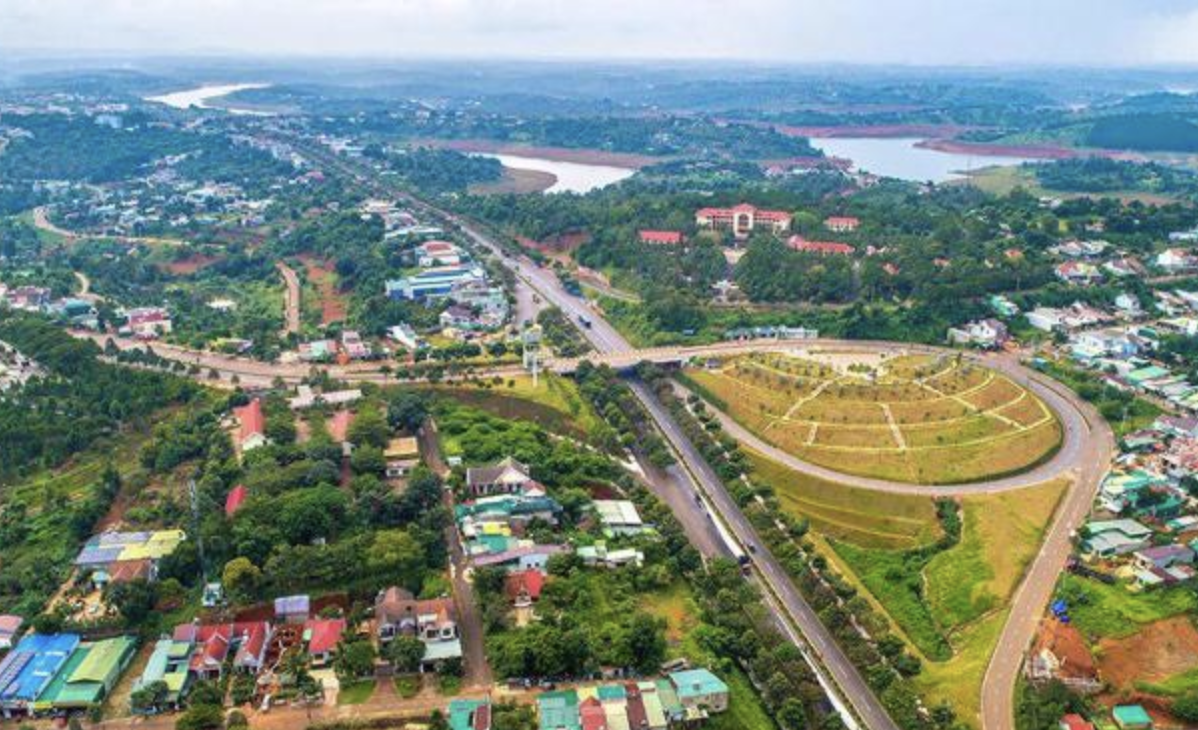
Held every two years, the Global Geoparks Network Conference is the most important event of the network. The 2023 conference was attended by more than 1,500 delegates who are representatives of 195 UNESCO Global Geoparks, potential geoparks, researchers, scientists, politicians, and managers from more than 50 countries around the world.
The delegation of Dak Nong province actively participated in activities and events of the conference such as the meeting of the Global Geopark Network in the Asia Pacific region; the opening ceremony of the conference; the UNESCO Global Geopark General Assembly meeting where Vietnamese representatives exchanged, discussed, made comment and voted on important contents related to the network's operational plan; the Workshop on education and awareness raising for young people about the development of the UNESCO Dak Nong Global Geopark and participated in exhibitions and displays of the Dak Nong UNESCO Global Geopark.
On the morning of September 5, the UNESCO Global Geopark Council officially approved the green card for the re-evaluation of Dak Nong UNESCO Global Geopark. This decision opens a new path of development for Dak Nong Geopark, and also recognizes the results and efforts of the government and people of Dak Nong province in recent times. The council's official notice will be sent to the Vietnam UNESCO National Committee, the Ministry of Foreign Affairs of Vietnam and Dak Nong province as soon as possible.
Within the framework of the 10th Global Geopark Conference held in the Kingdom of Morocco, on the morning of September 8, the Dak Nong Geopark Management Board signed a Memorandum of Understanding with the Management Board of the Khorat UNESCO Global Geopark of Thailand.
To promote cooperation among members of the "Group of Global Geoparks with Volcanic Landscapes in the Asia-Pacific Geopark Network", the Dak Nong Geopark Management Board also signed cooperation agreements with 3 other members including: Aso UNESCO Global Geopark (Japan), Rinjani-Lombok (Indonesia) and Jeju (Korea), in the fields of (1) Preserving geological heritage; (2) Tourism development, especially geotourism and (3) Geoscience education.